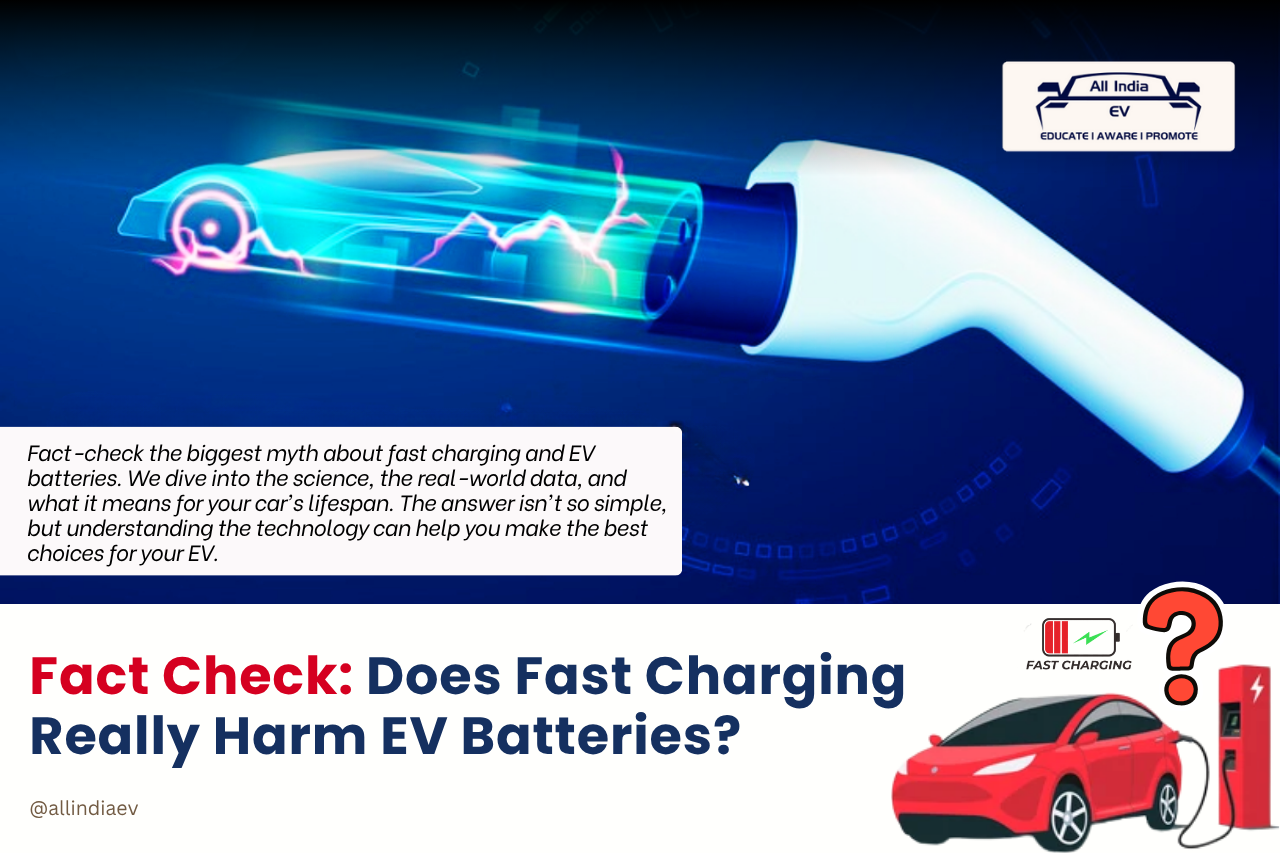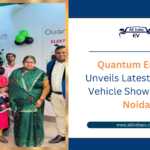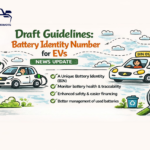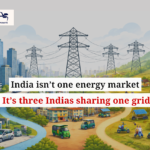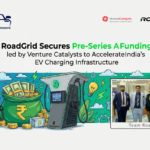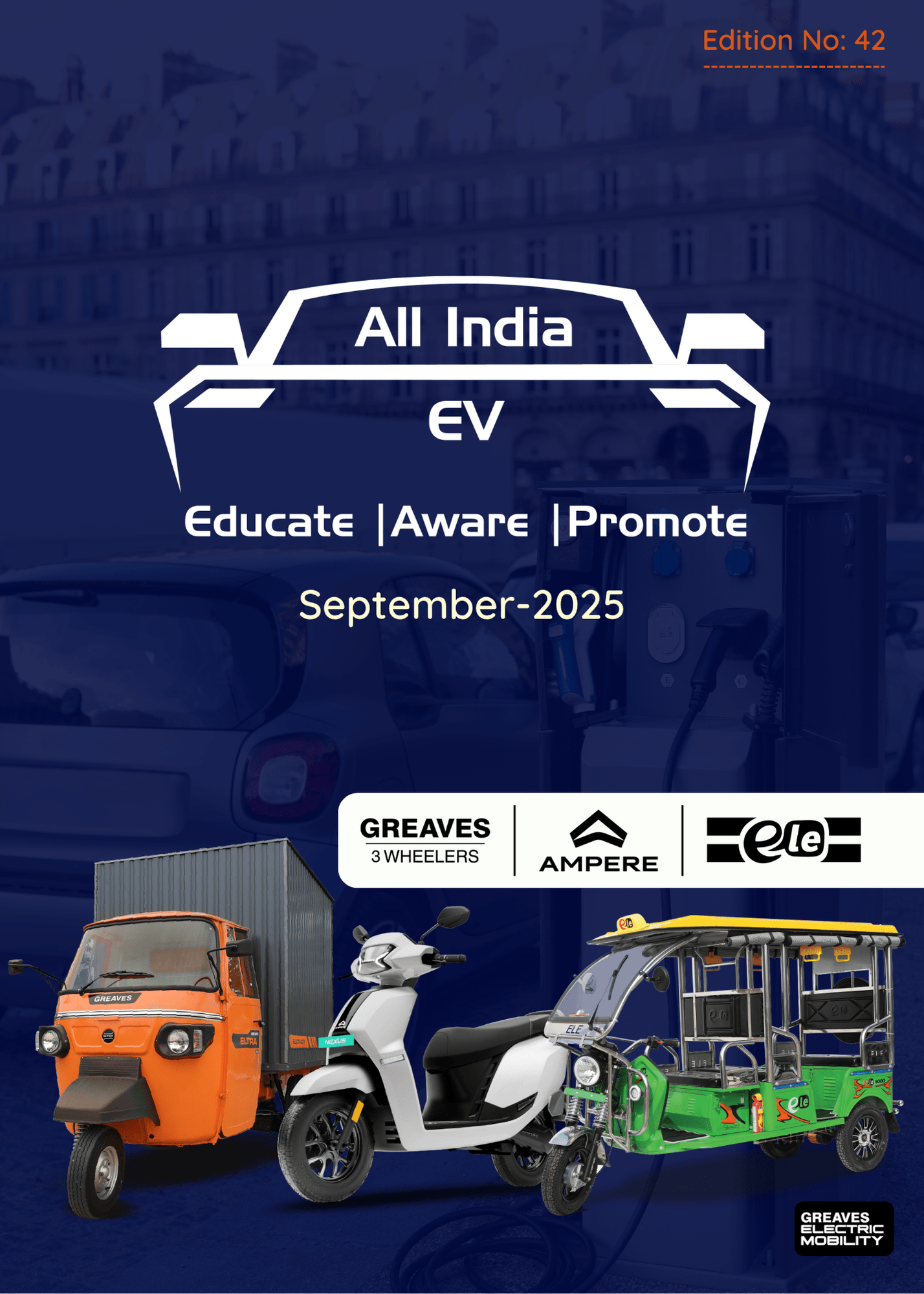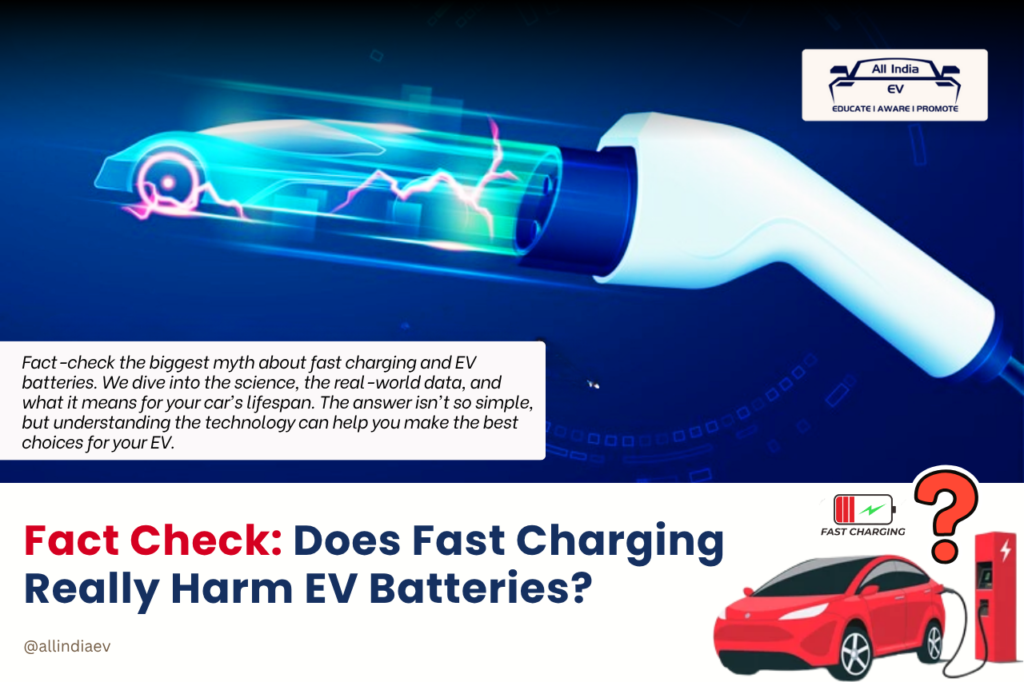
Fast Charging Isn’t Killing EV Batteries, But Long-Term Effects on Performance, Costs, and Fleet Sustainability Need Scrutiny
The electric vehicle (EV) revolution is accelerating worldwide, with automakers and governments investing billions to push adoption. But with rising adoption comes a critical question: is the convenience of fast charging coming at the cost of battery health and long-term economics?
A viral social media post recently claimed: “Fast Charging is Murdering EV Batteries.” While dramatic, the statement has sparked debate among EV owners, fleet operators, and industry stakeholders. To answer this, we need to look at the science of lithium-ion batteries, real-world data, and implications for both consumers and fleet operators.
The Science Behind Fast Charging
Lithium-ion batteries, the dominant technology in EVs, store and release energy by moving lithium ions between the cathode and anode. Under normal charging, ions intercalate smoothly into the graphite anode. But when charging speeds increase, several issues arise:
- Electrode Polarization: At high currents, lithium ions may not embed properly into the anode. Instead, they accumulate on its surface.
- Lithium Plating: This accumulation can deposit metallic lithium on the anode, reducing capacity and potentially forming dendrites—needle-like structures that can puncture the separator, causing short circuits or thermal runaway.
- SEI Instability: The Solid Electrolyte Interphase (SEI) is a protective layer that forms during early charging cycles. Fast charging can destabilize it, forcing repeated breakdown and reformation, which consumes active lithium and electrolyte.
- Excessive Heat: High charging currents generate heat, which accelerates chemical degradation and further reduces battery life.
- These mechanisms explain why critics argue that ultra-fast charging—say, using a 150kW charger on a pack not engineered for it—“violates electrochemical limits.” While EV makers deploy cooling systems and smart software to reduce risks, the laws of chemistry remain a hard boundary.
What Real-World Data Shows
Interestingly, actual data paints a more complex picture.
- A 2024 Recurrent Auto study analyzing over 13,000 Tesla vehicles found no significant difference in battery degradation between cars fast-charged 70% of the time and those fast-charged less than 30%. This suggests that modern Battery Management Systems (BMS) and thermal controls are mitigating risks once thought unavoidable.
- However, the study had limits. Most vehicles observed were still relatively new. The long-term effects beyond 5–6 years of frequent DC fast charging remain uncertain.
- By contrast, a Geotab study noted that frequent DC fast charging, especially in hot climates, accelerated degradation. High ambient temperatures compounded the heat generated during charging, worsening chemical stress on cells.
In short, while short-term evidence suggests modern EVs can handle fast charging, the jury is still out on decade-long impacts.
Industry Perspectives and Best Practices
Industry experts agree on one principle: fast charging is useful but not ideal for daily reliance.
- Automakers often recommend the “20–80% rule”—keeping charge levels between these thresholds for maximum battery health.
- Fast charging is best used for long trips or emergency needs, not for everyday top-ups.
- Overnight slow AC charging remains the healthiest option for battery longevity.
Automakers are also investing in chemistry improvements. For example, advanced LFP (Lithium Iron Phosphate) batteries are more tolerant to fast charging compared to traditional NMC (Nickel Manganese Cobalt) cells. Some companies are even testing solid-state batteries, which promise much greater resilience.
The Fleet Management Challenge
For individual EV owners, occasional fast charging may not be catastrophic. But for fleet operators, the economics are far more complex.
- High-utilisation commercial EVs—taxis, delivery vans, and buses—often require rapid turnarounds, making fast charging essential.
- However, accelerated degradation from constant fast charging can lead to premature battery failures, higher warranty claims, and costly replacements.
- Since battery packs are the single most expensive component in an EV, this directly impacts the Total Cost of Ownership (TCO) for fleets.
This is why experts advocate for a “chemistry-first” approach in fleet charging strategies. By understanding the electrochemical limits of their specific battery packs, operators can design charging protocols that mix slower overnight charging with strategic fast charging, balancing convenience with longevity.
Fleet operators are also increasingly investing in charging infrastructure that suits operational needs—dedicated depots for overnight slow charging combined with fast-charging hubs for peak-hour flexibility.
Is Fast Charging Really Murdering EV Batteries?
The truth lies between extremes.
- Yes, scientifically, fast charging accelerates certain degradation mechanisms. Chemistry doesn’t change.
- No, modern EVs are not doomed to fail just because they use fast chargers occasionally. Advances in BMS, cooling, and battery chemistries mean that fast charging, when used sensibly, has far less impact than it once did.
For consumers, the practical advice is:
- Use fast charging when necessary, but rely on slower AC charging for daily needs.
- Follow automaker guidelines, particularly around charge limits.
- Expect some natural degradation, but don’t panic over occasional supercharging.
For fleet managers, the stakes are higher:
- Develop customised charging strategies that minimize fast charging without sacrificing operational efficiency.
- Factor battery replacement costs into long-term financial planning.
- Consider investing in vehicles with chemistries and warranties designed for heavy-duty cycles.
Looking Ahead: The Evolution of EV Charging
The conversation around fast charging and battery life will continue as EV technology matures. Several trends may redefine the debate:
- Solid-State Batteries: Promising higher durability and faster charging without dendrite risks.
- Smarter Charging Protocols: AI-driven charging systems that adapt speed based on battery health and conditions.
- Better Thermal Management: More efficient liquid cooling and phase-change materials to regulate heat.
- Second-Life Applications: Even if degradation accelerates, used EV batteries can be repurposed for stationary energy storage.
Conclusion: Balance Is Key
So, is fast charging murdering EV batteries? The answer is no—if used responsibly.
While chemistry sets hard limits, modern EVs are equipped with safeguards that allow practical use of fast charging without catastrophic damage. For most drivers, it is a valuable tool for convenience. For fleets, it is a double-edged sword requiring careful strategy.
Ultimately, the narrative of “murder” oversimplifies a complex issue. Fast charging is not the villain, but neither is it entirely harmless. Prudent use, supported by evolving technology, is the path forward.
As the EV ecosystem advances, the balance between speed, convenience, and battery health will remain a defining challenge—one that industry, regulators, and consumers must navigate together.


